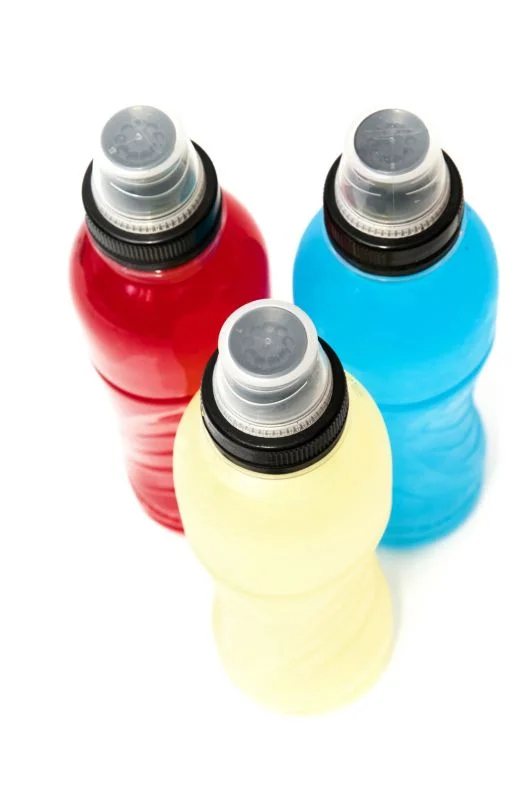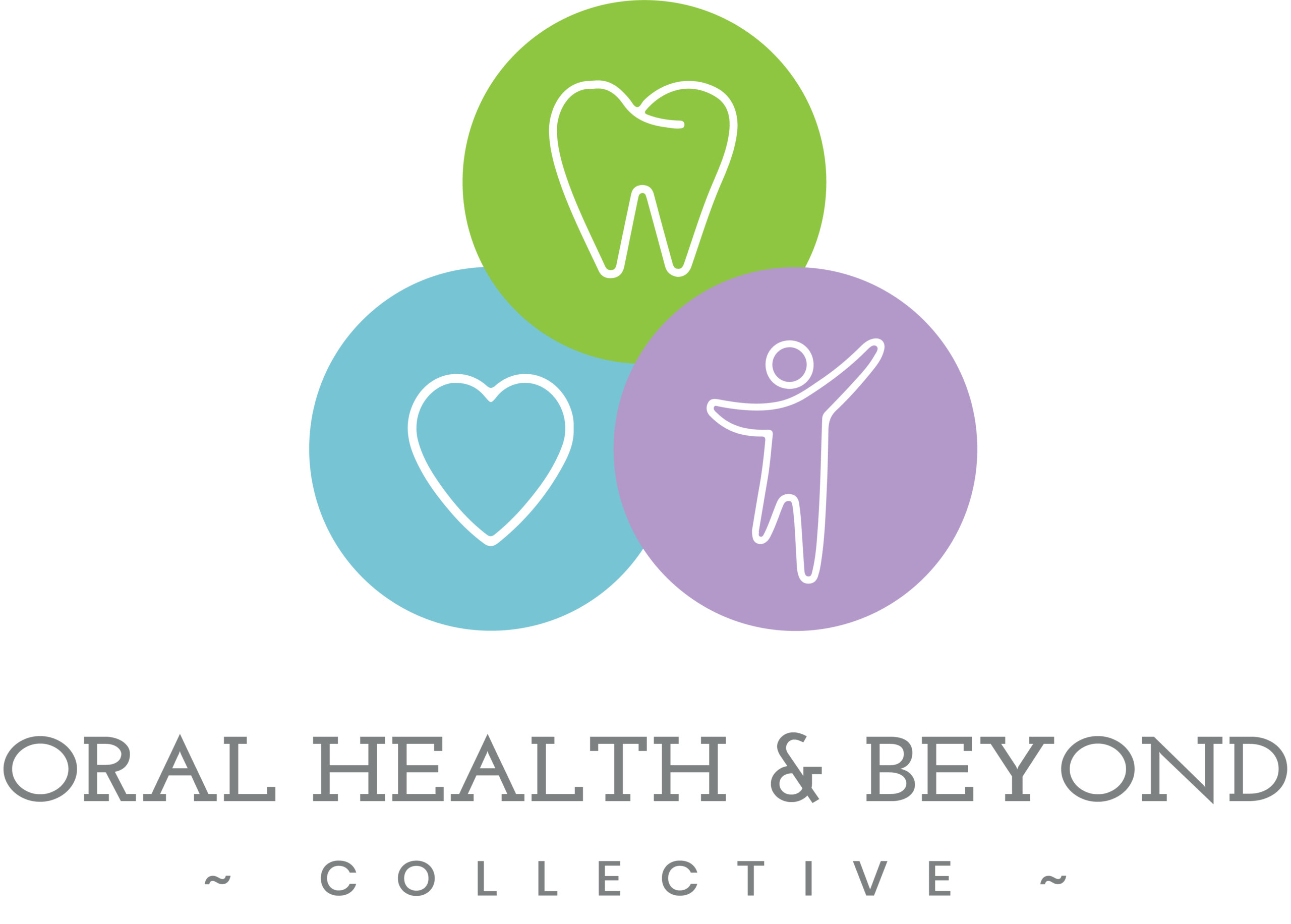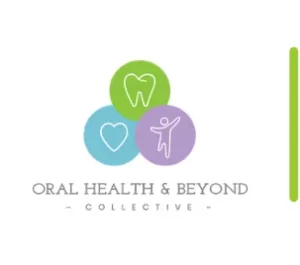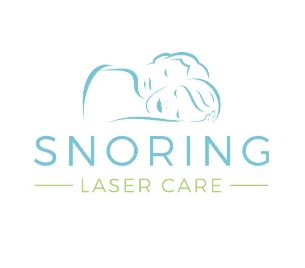
Sports Drinks Damage Teenagers’ Teeth
A recent survey by Cardiff University School of Dentistry shows a high proportion of 12-14 year olds regularly consume sports drinks.
The drinks, which are most commonly consumed during social outings, increases their risk of obesity and tooth erosion.
According to the survey, children are attracted to sports drinks because of their sweet taste, low price and availability. Ninety per cent claimed that taste was a factor. Only 18 per cent claimed to drink them because of the perceived performance-enhancing effect.
Surprisingly, most parents and children are not aware that sports drinks are not intended for consumption by children.
“The purpose of sports drinks are being misunderstood,” said Maria Morgan, senior lecturer in dental public health at Cardiff University.
In supermarkets, sports drinks are often sold alongside other sodas and sweet beverages, which is misleading to children and parents.
“This study clearly shows evidence of high-school-age children being attracted to these high-sugar and low-pH level drinks, leading to an increased risk of dental cavities, enamel erosion and obesity,” Morgan said.
“Dental health professionals should be aware of the popularity of sports drinks with children when giving health education or advice or designing health promotion initiatives.”
Cardiff University’s Faculty of Sport and Exercise Medicine (FSEM) is calling for tighter regulation around the price, availability and marketing of sports drinks to children, especially within school and leisure environments.
By regulating the drinks, the faculty hopes to safeguard general and dental health.
“The proportion of children in this study who consume high carbohydrate drinks, which are designed for sport, in a recreational non-sporting context is of concern,” said Doctor Paul Jackson, President of the FSEM.
But Dr Jackson says that the dental issues associated with the drinks are not just confined to the younger generation: “[Sports drinks] are also connected with tooth decay in athletes and should be used following the advice of dental and healthcare teams dedicated to looking after athletes.”
There is some confusion over the definition of a sports versus an energy drink, but the dental community maintains that the high-sugar content and low pH of both drinks makes them equally damaging.
Russ Ladwa, chair of the British Dental Association’s Health and Science Committee, added: “They are laden with acids and sugars, and could be behind the decay problems we’re now seeing among top footballers.”
The study, entitled ‘A survey of sports drinks consumption amongst adolescents’, is published in the British Dental Journal.
For more information on looking after your teenager’s teeth, please do not hesitate to contact DentalCareXtra. Alternatively, complete the form below, and one of our friendly team members will contact you.






